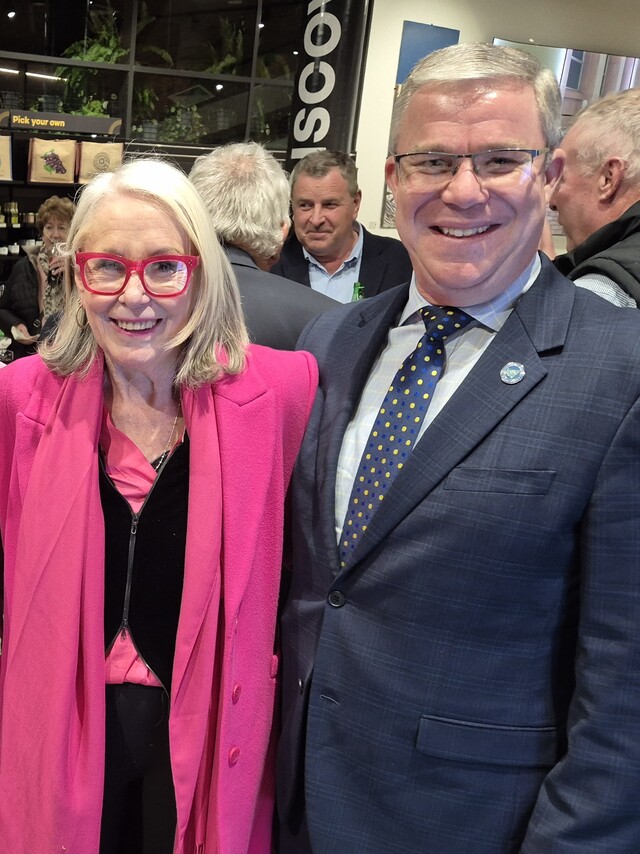In each edition we feature the views of a Local Government Association president. The following is from Councillor Paul Bell, President of the Local Government Association of Queensland.
The Queensland economy is enjoying the best of economic times, with 100,000 interstate or overseas migrants coming to live in the Sunshine State over the past year and the never ending mining and energy boom continuing to gather pace and momentum.
While State and Federal Government coffers are bursting at the seams from record company tax, personal income tax, stamp duty, payroll tax and mineral royalties, Local Governments are not able to tap into the wealth generated from the economic good times.
Conversely, Local Government has to find the money to fund growth. Whether it’s the Brisbane City Council, a major provincial centre battling record development levels or a small remote or rural shire coping with billion dollar resource development, the pressure is well and truly on Queensland councils.
As Deputy Mayor of the Central Highlands Regional Council – a council in the epicentre of the mining boom – I know first hand how hard it is for Local Government to do its job.
In my neck of the woods, the cost of construction is going up by a minimum 25 per cent a year. The State average is 10 per cent.
Councils in my patch are facing 80 per cent turnover in their workforces. Then there is the very large pressure to develop basic infrastructure facilities and social amenities to support the growth.
A new phenomenon is that migrants comprise more than half of Queensland’s population growth, a first for many areas. Many of these workers and potential new citizens are living in rural, remote or regional towns and centres, a significant distance from settlement support services, creating new challenges for our civic leaders. The basic infrastructure, social and environmental challenges are enormous.
Queensland councils are facing up to the fact that with largely anchored revenues and burgeoning cost structures, they must find new ways of delivering infrastructure and services. New regional road alliances and franchises are being contemplated by councils and the Department of Main Roads across the State. All Central Queensland councils have joined forces for a unified and common waste management contract covering
an area the size of Great Britain.
Meanwhile, the Local Government Association of Queensland subsidiaries,
LG Infrastructure Services and LG Shared Services, are rolling out statewide solutions for infrastructure procurement, delivery and operation and back office and customer contact services, with councils taking up the opportunities to save money through scope and scale efficiencies.
The State Government, especially in southeast Queensland, is overriding councils’ planning powers in the name of efficiency and demand.
Moreover, it is doing it to appease developers’ insatiable avarice for land and profits and numb community concerns over housing affordability with populist politics. This, of course, adds to the burdens on already struggling urban councils.
Unless the Federal Government’s recently announced Henry Inquiry into taxation by all levels of government can redress the issue of fiscal imbalance between Local Government taxing and spending powers, then radically altering business models is the only option left available to councils.
Amalgamation was and remains a sideshow to the main game. The real challenge is with us.







